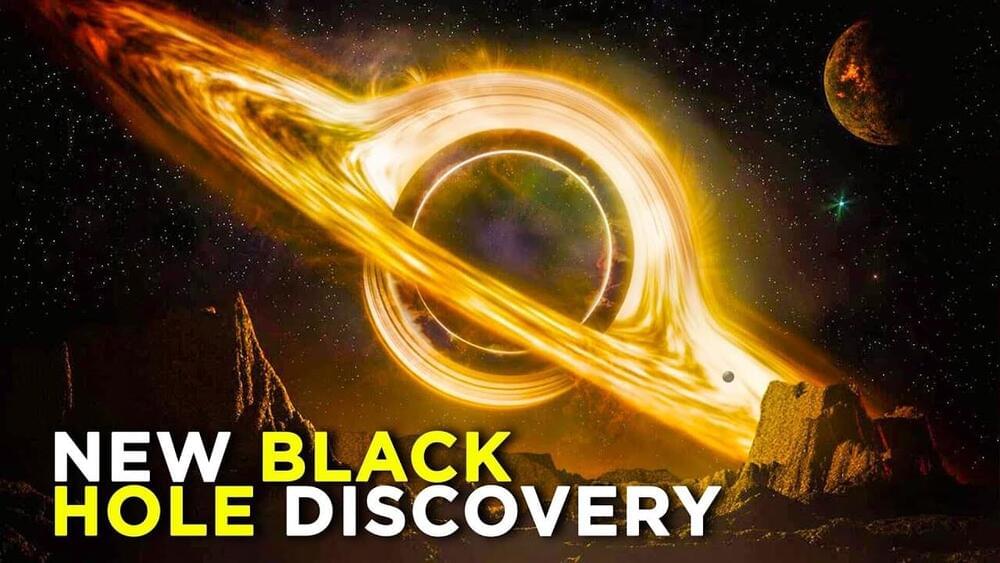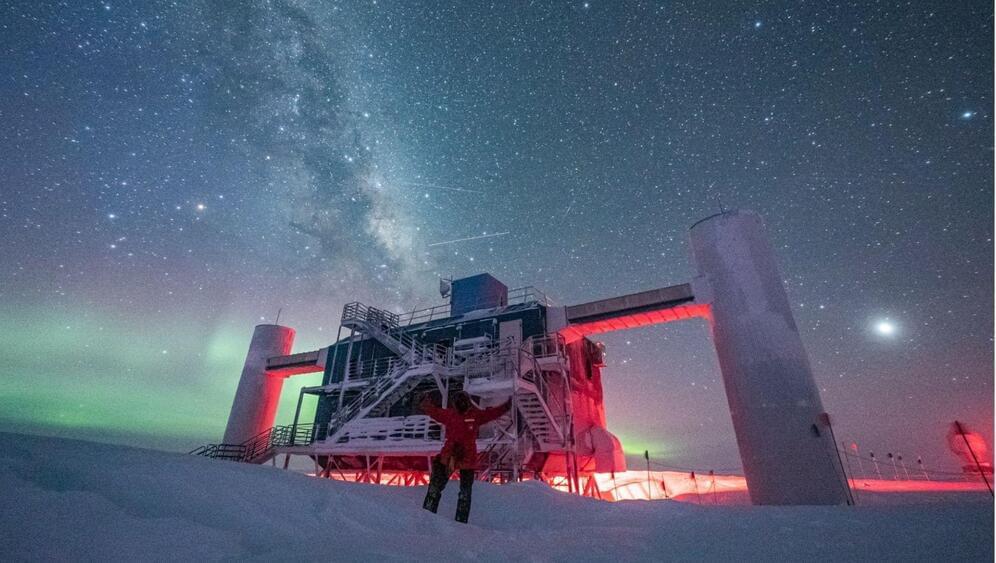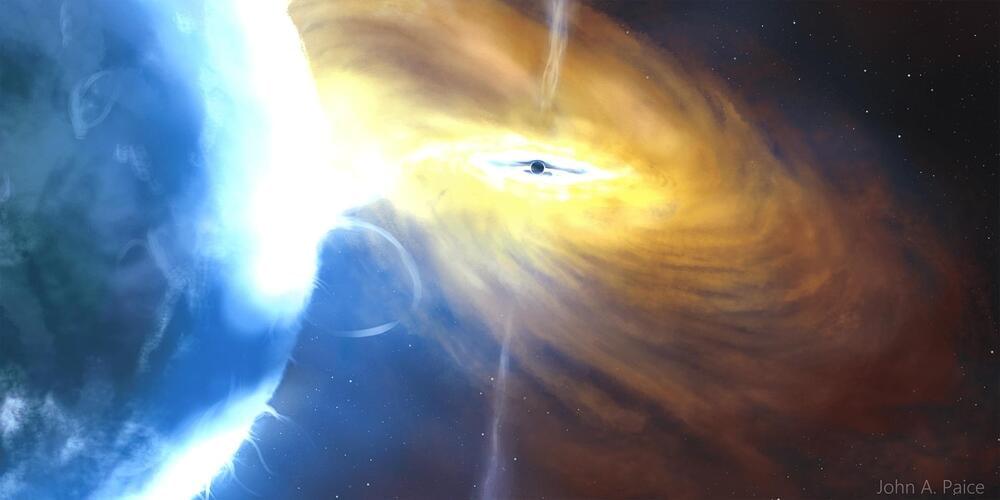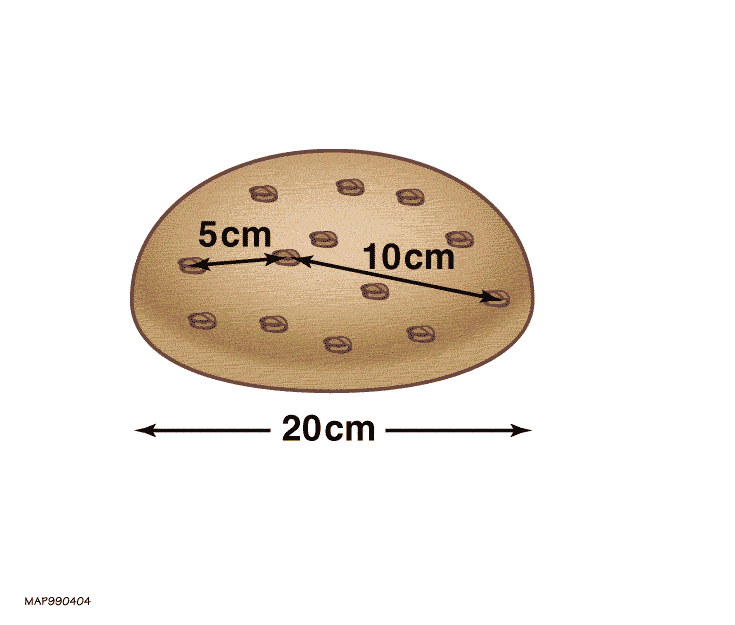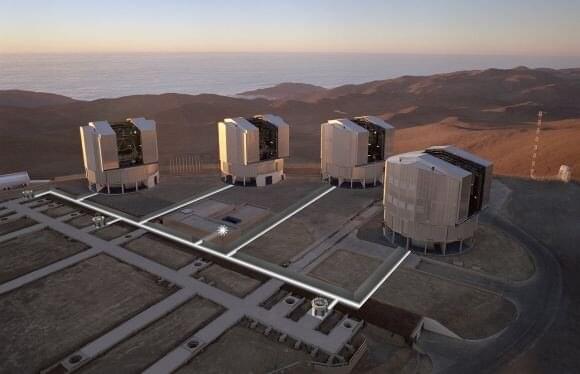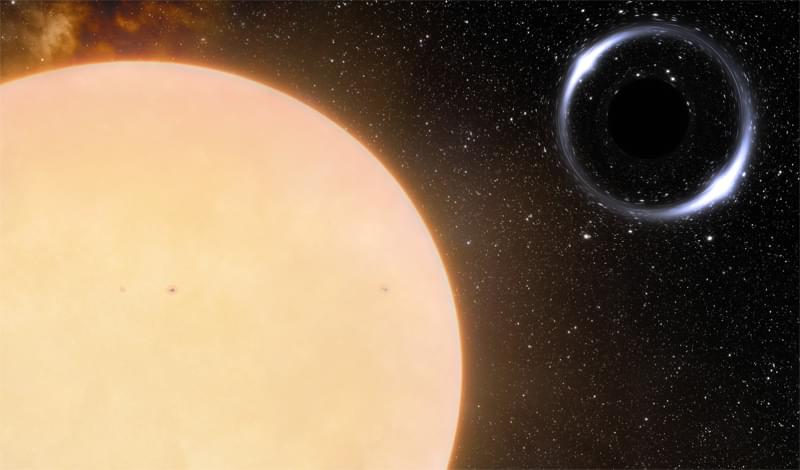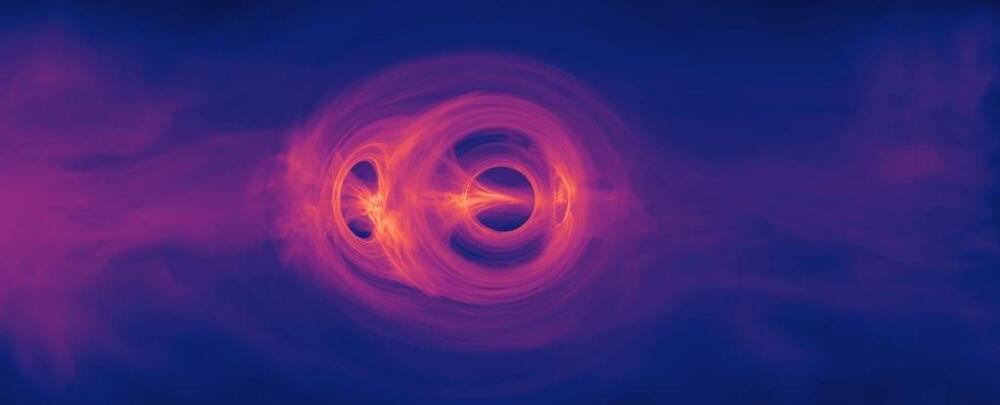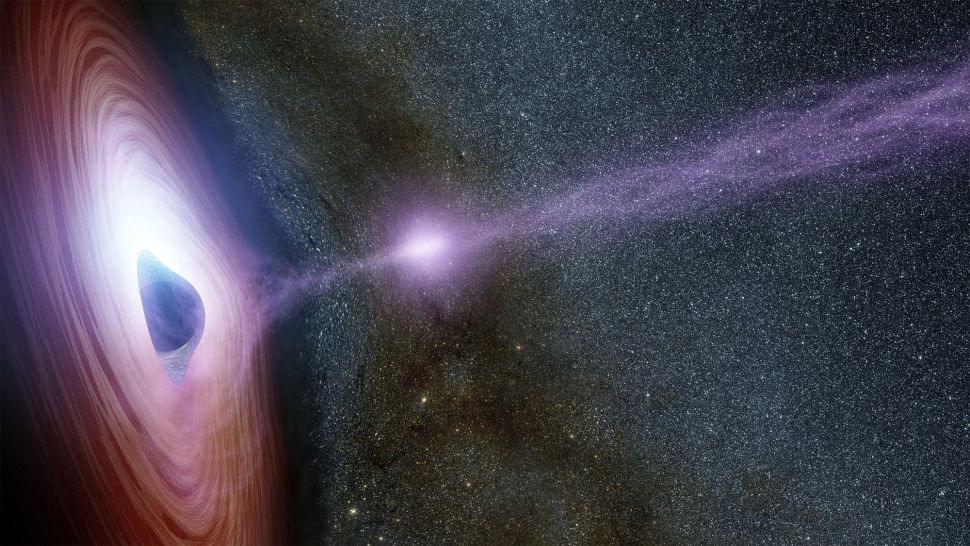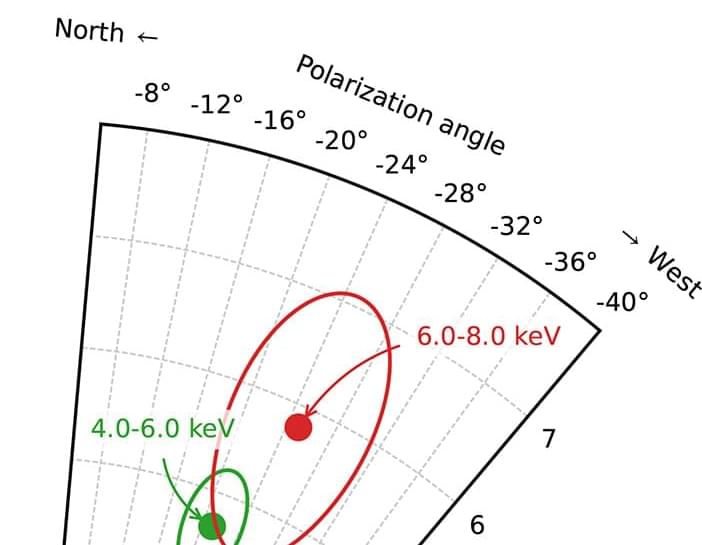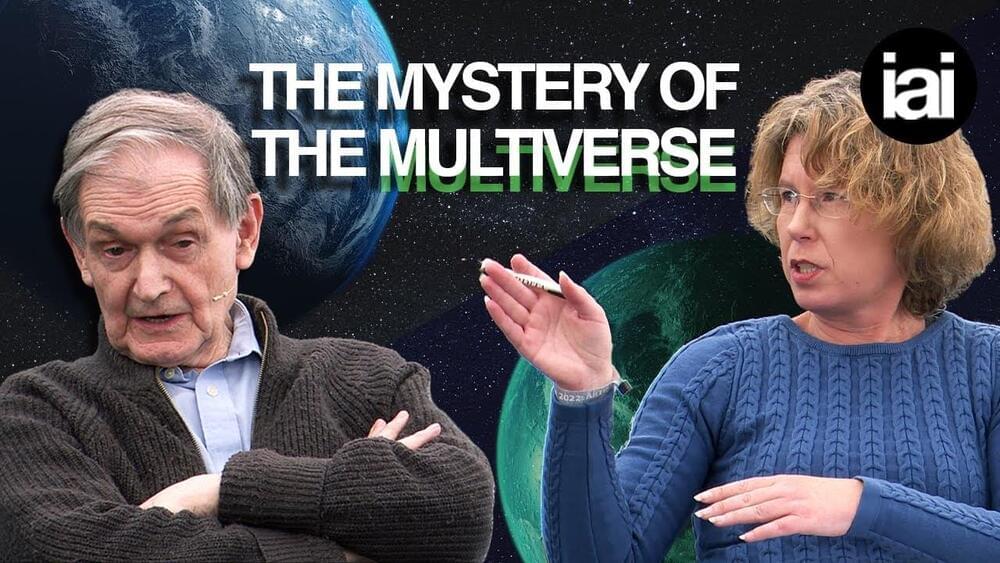Nov 8, 2022
NEW MASSIVE Black Hole Near Earth Discovered
Posted by Dan Breeden in category: cosmology
Despite the fact that the Milky Way Galaxy happens to have hundreds of millions of black holes, we have been able to find only a dozen of them. The incognito nature of most black holes have frustrated astronomers as it not only makes it hard to research them but it also makes space a scary space.
These monstrous cosmic entities lurking in the dark could threaten our existence. Imagine how dangerous it would be to discover a gigantic bottomless pit, from which there is no escape, in our neighborhood?
And now we have discovered one of those monster black holes right out of our culdesac at a stone’s throw on the cosmic scale. Even the mere thought of something with such an intense gravitational force that even light cannot escape… so close to us is spine-chilling.
Continue reading “NEW MASSIVE Black Hole Near Earth Discovered” »
